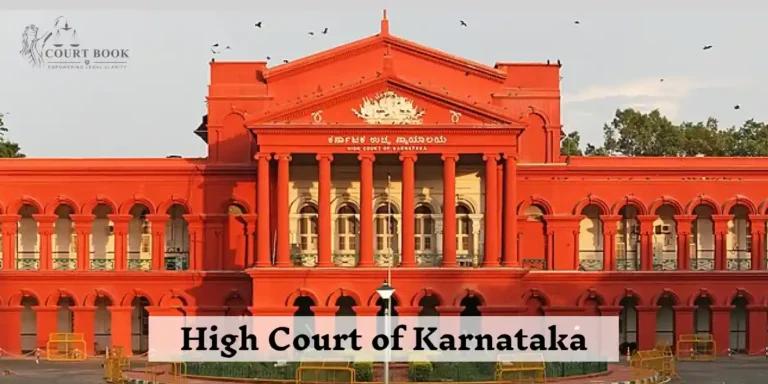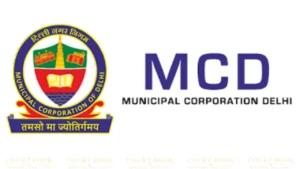Bengaluru, October 16: The Karnataka High Court has refused to direct police authorities to share a copy of an accused person’s passport and related documents under the Right to Information (RTI) Act, citing privacy and security grounds. The bench of Justice Suraj Govindaraj dismissed a petition filed by Mumbai resident Prakash Chimanlal Sheth, who sought information from the Mangaluru police in connection with a cheque bounce case he had initiated.
Background
Sheth had filed a private complaint under Section 138 of the Negotiable Instruments Act before the JMFC Court in Puttur, Dakshina Kannada. The accused in the case had allegedly absconded, prompting police to issue a Look-Out Circular (LOC). He was detained at Mumbai International Airport and later released.
Following this, Sheth submitted an RTI application seeking a copy of the accused’s passport, the date and copy of the LOC, and other documents relating to the detention and release. However, the Public Information Officer (PIO) at the Dakshina Kannada Superintendent of Police’s office rejected the request, citing that such records belonged to the Special Branch, which was exempted from the RTI Act under Section 24(4).
His first appeal before the Superintendent of Police and the second appeal before the State Information Commission were also rejected, leading him to approach the High Court.
Court’s Observations
Justice Govindaraj examined the exemptions under Section 8(1)(h) and Section 24(4) of the RTI Act. The judge observed that these provisions protect information that could “impede investigation or prosecution” or that belongs to intelligence and security organisations excluded by state notification.
The bench further referred to the Supreme Court’s decision in Justice K.S. Puttaswamy (Retd.) v. Union of India, which recognised the right to privacy as a fundamental right.
“The disclosure of information like a passport, in my considered opinion, being personal in nature, would cause immense harm and injury to a person,” Justice Govindaraj observed. “If passport details are made available to any third party, it could endanger the life or safety of the individual.”
Read Also:- Kerala High Court Quashes Liquor Theft Conviction, Citing Flawed Evidence and Lack of Independent
The Court accepted the reasoning of the State Information Commission, which had held that the requested information was personal and therefore exempt under Section 8(1)(g) of the RTI Act.
Decision
Finding no illegality in the orders of the PIO, Appellate Authority, or the State Information Commission, the Court dismissed the petition.
However, the bench offered a limited liberty to the petitioner: if the information was necessary for the ongoing Section 138 NI Act prosecution, he could apply to the trial court to summon the documents directly during the proceedings.
“With the above liberty, the petition stands dismissed,” the judge concluded.
Case: Prakash Chimanlal Sheth vs State of Karnataka & Others
Court: High Court of Karnataka, Bengaluru
Judge: Justice Suraj Govindaraj
Case Number: Writ Petition No. 17341 of 2025 (GM-RES)
Petitioner: Prakash Chimanlal Sheth, Mumbai resident
Respondents:
- State of Karnataka
- State Information Commission
- Superintendent of Police, Dakshina Kannada
- Public Information Officer, SP Office, Mangaluru
Date of Order: October 16, 2025












